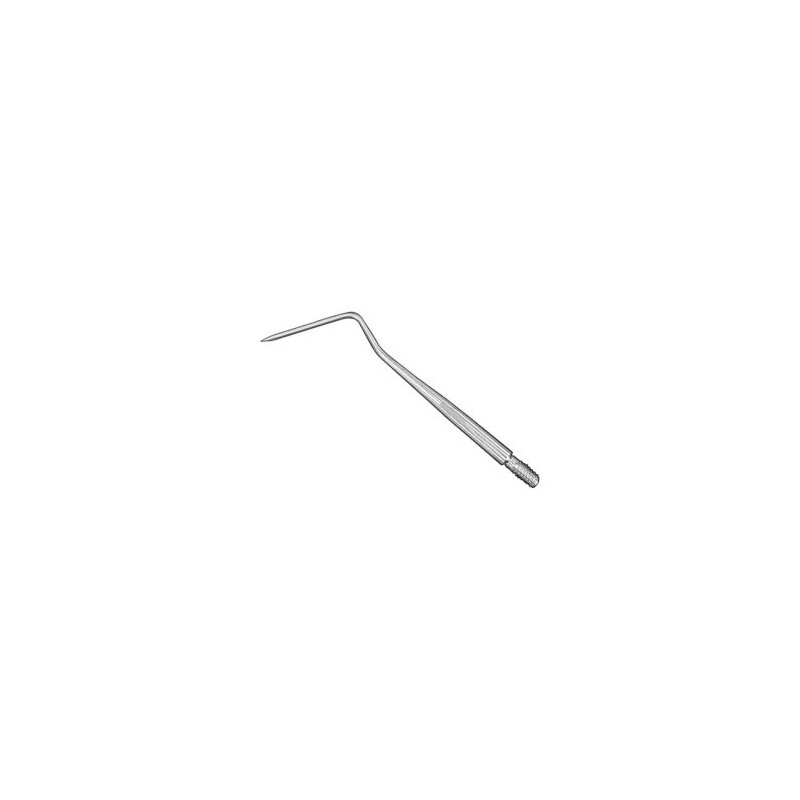






Probe size is an important consideration when choosing surgical instruments. Probes come in a variety of sizes, ranging from small and delicate to large and robust.
Probe size is an important consideration when choosing surgical instruments. Probes come in a variety of sizes, ranging from small and delicate to large and robust. The size of the probe needed will depend on the intended use and the size of the area being examined.
Small probes, such as those used in dental procedures, are typically between 5-7 inches in length and have a thin and delicate design. These probes are used to examine and measure the depth of periodontal pockets and to detect any abnormalities in the teeth or gums.
Larger probes, such as those used in neurosurgery, can be up to 12 inches in length and have a more robust design. These probes are used to locate and identify internal structures in the brain and spinal cord and to explore the extent of a wound or infection.
The diameter of the probe is also an important consideration, as it can affect the level of precision and accuracy of the probing. Probes come in a range of diameters, typically between 0.5mm and 10mm, with smaller diameters providing higher precision and larger diameters providing more robust probing.
Overall, choosing the right size probe for the intended use is essential for achieving optimal results in surgical procedures. It is important to consider the size of the area being examined, the level of precision required, and the surgeon's preference when selecting the appropriate probe size.